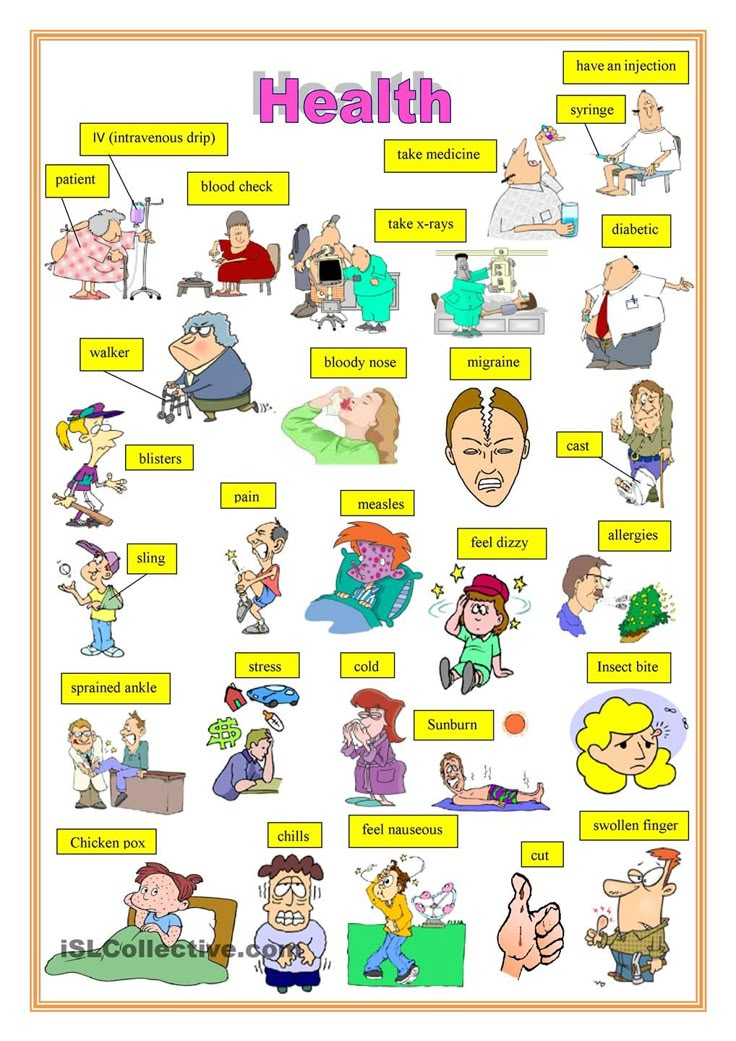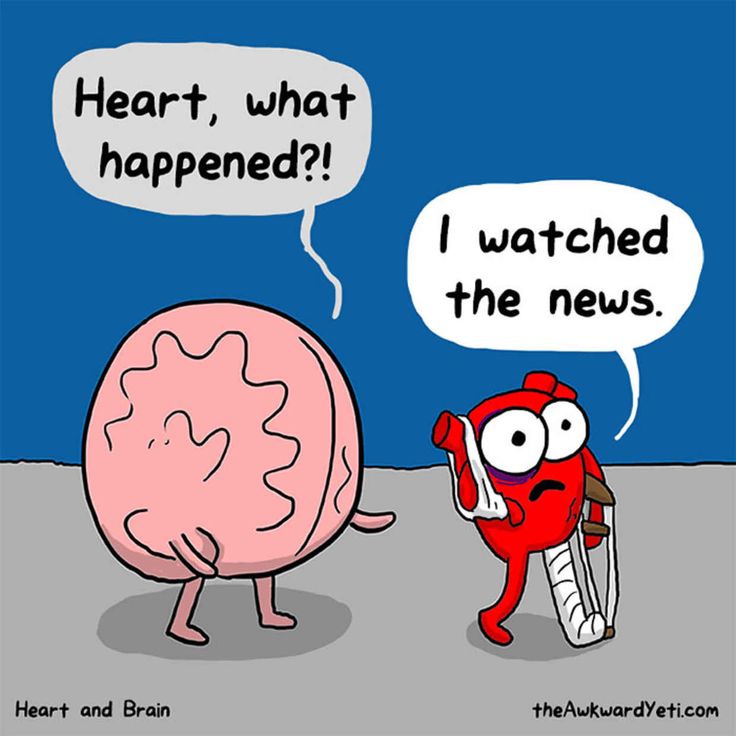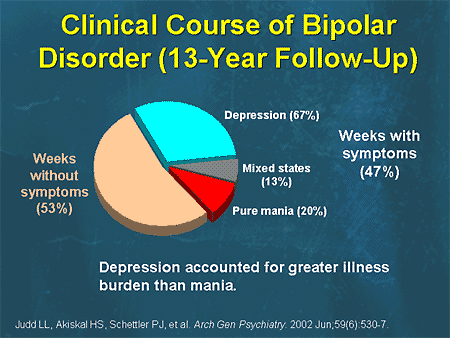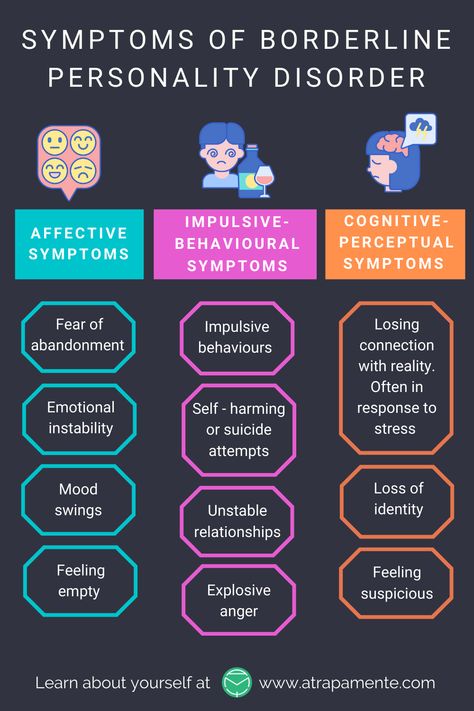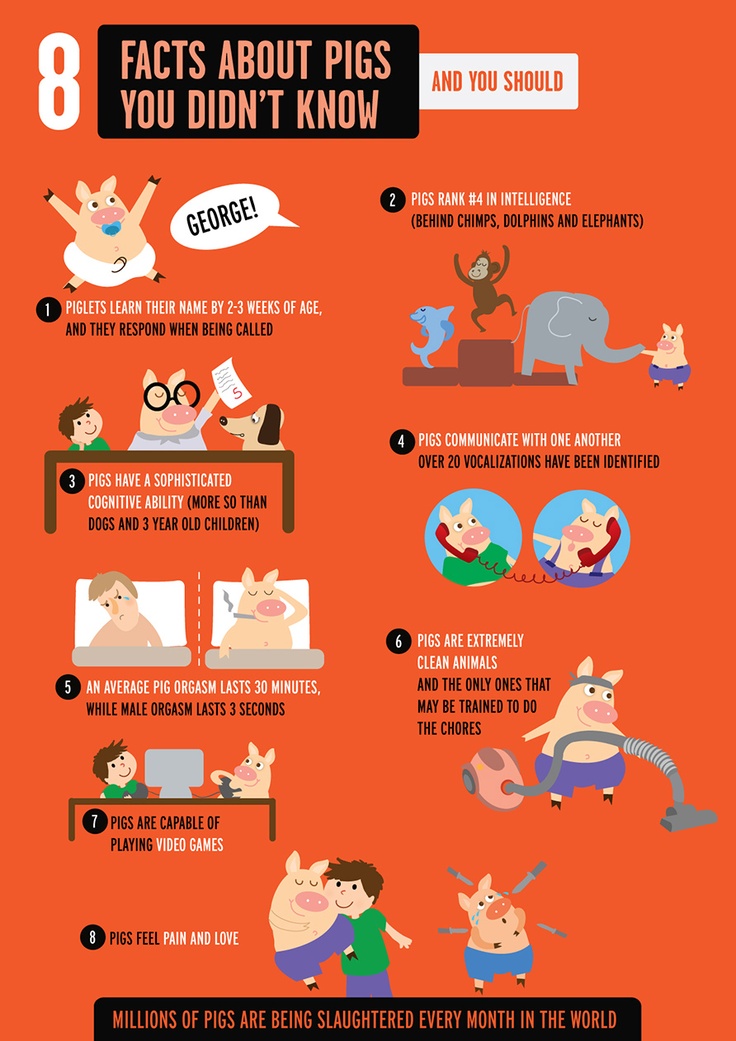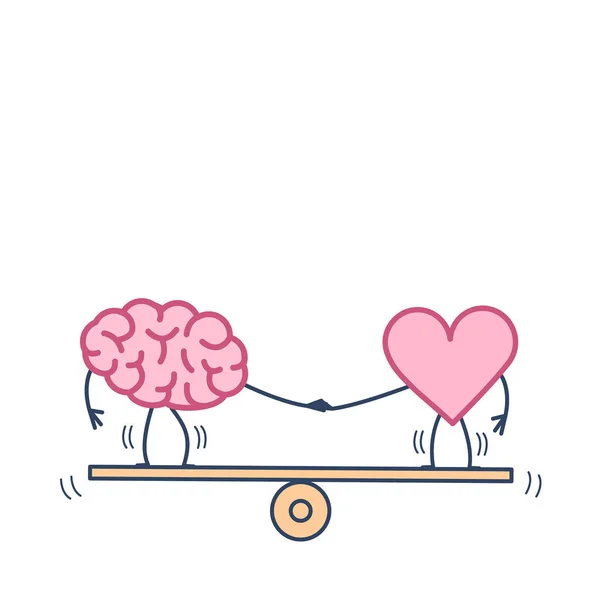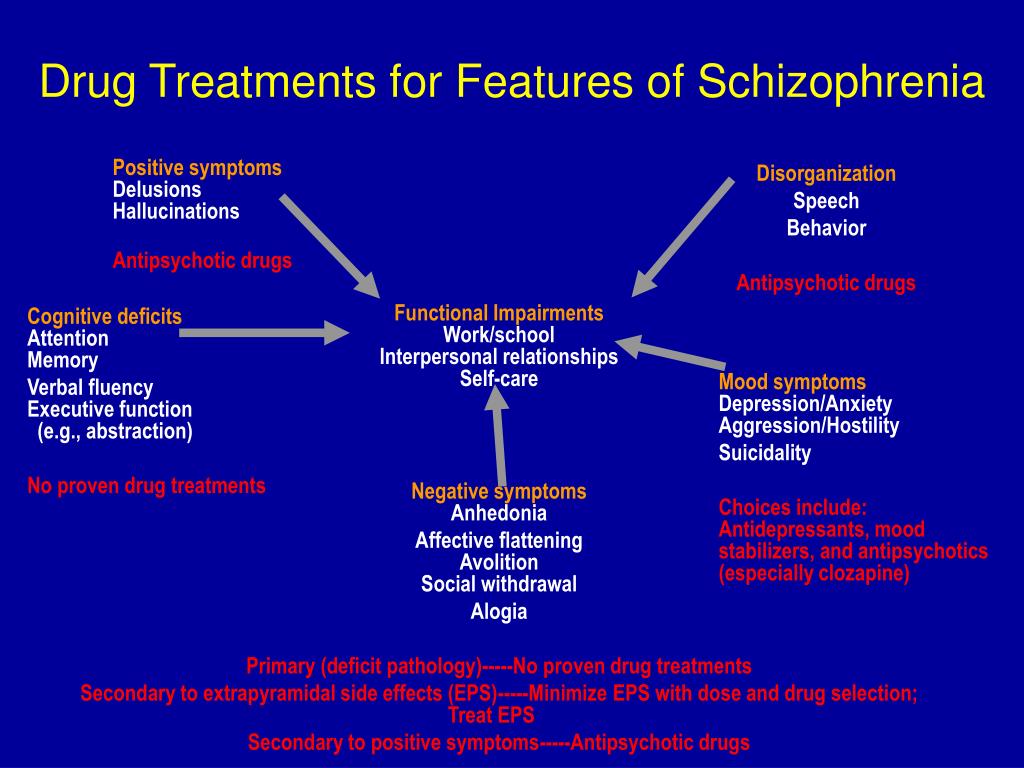Obsessed with health problems
Always worried about your health? You may be dealing with health anxiety disorder
Image: © XiXinXing/Getty Images
You spend hours on the Internet researching health information. When you get a scratchy throat you automatically think cancer — not a cold. And even when medical tests come back showing that you're healthy, it doesn't make you feel better. In the back of your mind you still feel like something is wrong.
If this sounds like you or a loved one, it may be health anxiety.
Health anxiety is a condition that causes healthy people to worry that they are sick — even when they have no symptoms, or minor symptoms like a scratchy throat.
"People with health anxiety for the most part tend to fear severe illness, such as HIV, cancer, or dementia. They worry far less about strep throat, twisting their ankle, or getting a cold," says Dr. Timothy Scarella, instructor in psychiatry at Harvard Medical School. This fear that they have a serious illness can interfere with their daily life.
It might lead them to seek out unnecessary testing, to waste hours in the doctor's office, and to spend days consumed by worry. But it's not only their own health that people with health anxiety may focus on. "Some people also worry excessively about their children's health," he says.
Health anxiety is a relatively common condition, known to affect some 4% to 5% of people. But experts believe it may be underreported and that the percentage could be closer to 12% — or even twice that, says Dr. Scarella. Unlike other anxiety disorders that are more prevalent in women, health anxiety appears to affect men and women equally.
Not all health worries indicate health anxietyBeing concerned about your health is not the same as health anxiety. It's normal to be worried about your health from time to time. You may wonder if your stomachache is a sign of a more serious condition. If you have had a severe illness in the past, you may be anxious about an upcoming imaging scan.
"There is a difference — at least medically speaking — between a person who has no symptoms or minimal symptoms and is frequently worried and anxious about being or getting sick and a person who is worried about concerning symptoms," says Dr. Scarella. However, he notes that anxiety about real health conditions can also become problematic.
People with health anxiety often misinterpret normal or benign physical symptoms and attribute them to something more serious. For example, if they were to compress an arm while asleep, instead of rolling over and shaking off the numb feeling, they might worry they were having a stroke. Symptoms produced by anxiety — which can include muscle pain, chest pain, heart rate changes, headaches, and dizziness, among others — can heighten existing anxiety about one's health.
Is it health anxiety?So how do you know if you are sick, or if you're just anxious about being sick? Here are some telltale signs of health anxiety:
- You have no symptoms, but still fear that you are sick.

- When a doctor reassures you that you don't have an illness or a test shows you're healthy, it doesn't relieve your nervousness.
- You find yourself constantly seeking health information online.
- If you read a news story about a disease, you start worrying that you have it.
- Your worries about your health are interfering with your life, family, work, or hobbies and activities.
Most often, people with health anxiety have a pattern of this behavior that a primary care physician may begin to notice over time. "I talk to people who call their doctor five, six, or seven times a week," says Dr. Scarella. "Every three or four months they may go to their doctor looking for an HIV test despite the fact that they haven't had any new sexual partners or any experiences that would elevate their risk."
Does testing ease the nerves?While testing may seem like a quick, easy way to alleviate health-related worries, for people in whom health anxiety has become uncontrollable, testing rarely provides lasting relief.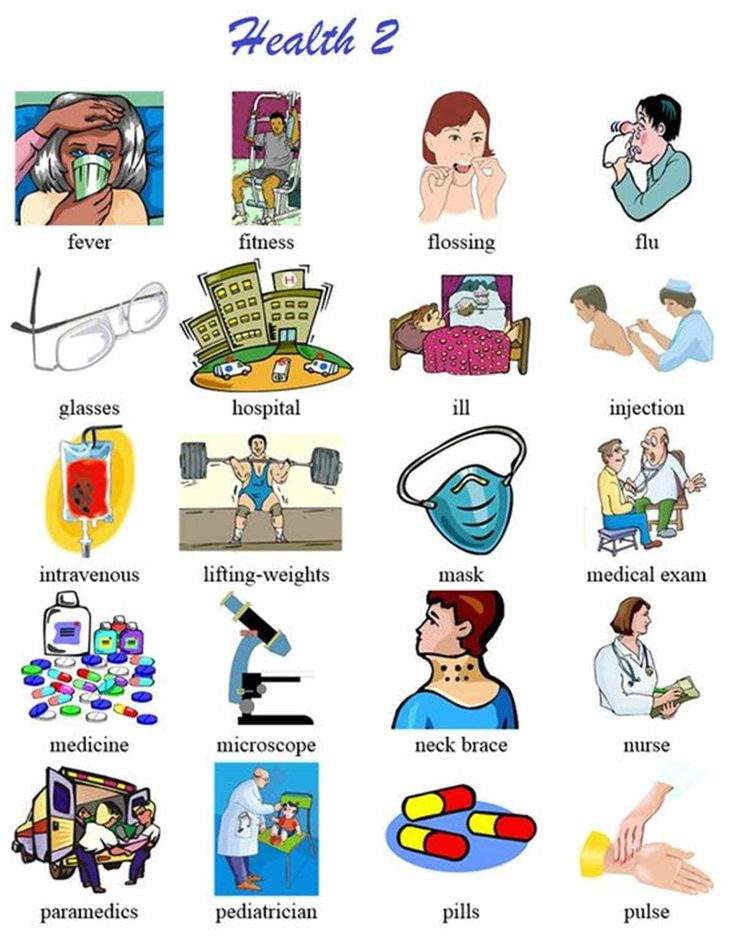 "Repeated testing is unable to reassure people with health anxiety; people don't feel calmed when they get new information that disproves their fear," says Dr. Scarella. Doctors often fall into this trap, thinking "What's the harm in doing a test to reassure this person?" It seems like a reasonable approach. But, ultimately, no amount of testing ends the worry, Dr. Scarella says, and in fact, it may only serve to reinforce the anxiety.
"Repeated testing is unable to reassure people with health anxiety; people don't feel calmed when they get new information that disproves their fear," says Dr. Scarella. Doctors often fall into this trap, thinking "What's the harm in doing a test to reassure this person?" It seems like a reasonable approach. But, ultimately, no amount of testing ends the worry, Dr. Scarella says, and in fact, it may only serve to reinforce the anxiety.
While some people constantly consult their doctor and request testing, in other cases health anxiety causes people to avoid the doctor entirely, which can lead to treatable conditions going undiagnosed. "There are real risks in not going to the doctor — for example, not getting appropriate cancer screenings," says Dr. Scarella. This avoidance can become very dangerous when someone has a real condition but is afraid to get checked out for fear of bad news—such as a person who has appendicitis but puts off going to the doctor.
Treating health anxiety"The most important thing to know about health anxiety is that it's a treatable problem," says Dr. Scarella. Statistics show that anxiety disorders, in general, are vastly undertreated. Only 37% of people with anxiety disorders receive treatment, according to the Anxiety and Depression Association of America.
Scarella. Statistics show that anxiety disorders, in general, are vastly undertreated. Only 37% of people with anxiety disorders receive treatment, according to the Anxiety and Depression Association of America.
This may reflect the stigma related to these conditions, and in the case of health anxiety, people may not actually attribute their symptoms to anxiety, but truly believe they are sick. And they may not know that help is available.
For people who are suffering from health anxiety, it's not helpful to tell them that their symptoms are fake or it's all in their head, says Dr. Scarella. "It's often more constructive to encourage them to look at what the worry is doing to their life," he says. "How is it interfering with the things they enjoy?"
If you suspect you might have health anxiety, focus on what you're losing. Would you rather spend several hours in the emergency room waiting for a test result — when you already had the same test two weeks ago — or do something you love?
Then seek an evaluation from a mental health professional.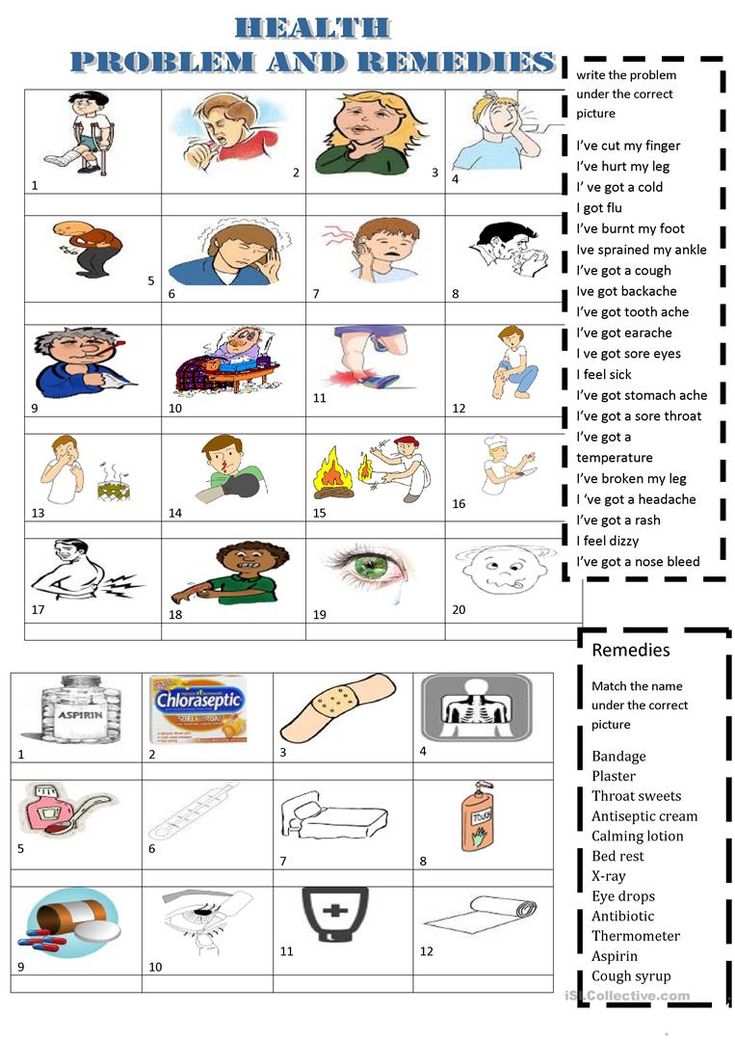 Your primary care doctor can provide a referral.
Your primary care doctor can provide a referral.
It's common for people with health anxiety to have other mental health conditions as well, such as depression, an anxiety disorder, or post-traumatic stress disorder, says Dr. Scarella. Because of this, treatment may need to address multiple issues. Treatment options include medications and psychotherapy, often in the form of talk therapy, which can help you manage and move past your worries.
But ultimately, those who seek help are often able to overcome the constant anxiety. "This can get better," says Dr. Scarella.
Health Anxiety (Hypochondria): Symptoms and Treatments
What is health anxiety?
Health anxiety is an obsessive and irrational worry about having a serious medical condition. It’s also called illness anxiety, and was formerly called hypochondria. This condition is marked by a person’s imagination of physical symptoms of illness.
Or in other cases, it’s a person’s misinterpretation of minor or normal body sensations as serious disease symptoms despite reassurance by medical professionals that they don’t have an illness.
What’s the difference between concern for your health and health anxiety?
If your body is sending you signs that you’re ill, it’s normal to be concerned. Health anxiety is marked by constant belief that you have a symptom or symptoms of a severe illness. You may become so consumed by worry that the distress becomes disabling.
If you’re concerned about your health, the rational thing to do is see your doctor. With health anxiety, you’ll feel extreme distress about your real or imagined symptoms even after medical test results come back negative and doctors reassure you that you’re healthy.
This condition goes beyond having a normal concern for one’s health. It has the potential to interfere with a person’s quality of life, including their abilities to:
- work in a professional or academic setting
- function on a daily basis
- create and maintain meaningful relationships
Experts aren’t sure of the exact causes of health anxiety, but they think the following factors may be involved:
- You have a poor understanding of body sensations, diseases, or both of these things.
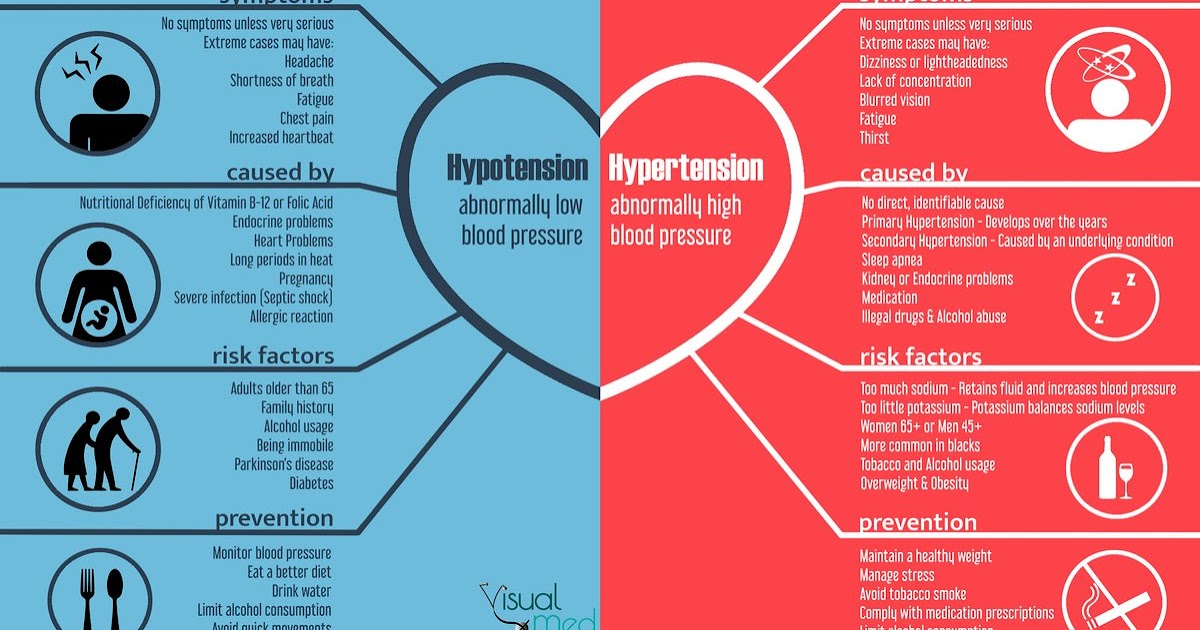 You may think that a serious disease is causing your body’s sensations. This leads you to look for evidence that confirms that you actually have a serious disease.
You may think that a serious disease is causing your body’s sensations. This leads you to look for evidence that confirms that you actually have a serious disease. - You have a family member or members who worried excessively about their health or your health.
- You’ve had past experiences dealing with real serious illness in childhood. So as an adult, the physical sensations you experience are frightening to you.
Health anxiety most often occurs in early or middle adulthood and can worsen with age. For older people, health anxiety may focus on a fear of developing memory problems. Other risk factors for health anxiety include:
- a stressful event or situation
- the possibility of a serious illness that turns out to not be serious
- being abused as a child
- having had a serious childhood illness or a parent with a serious illness
- having a worrying personality
- excessively checking your health on the internet
Health anxiety is no longer included in the American Psychological Association Diagnostic and Statistical Manual of Mental Disorders.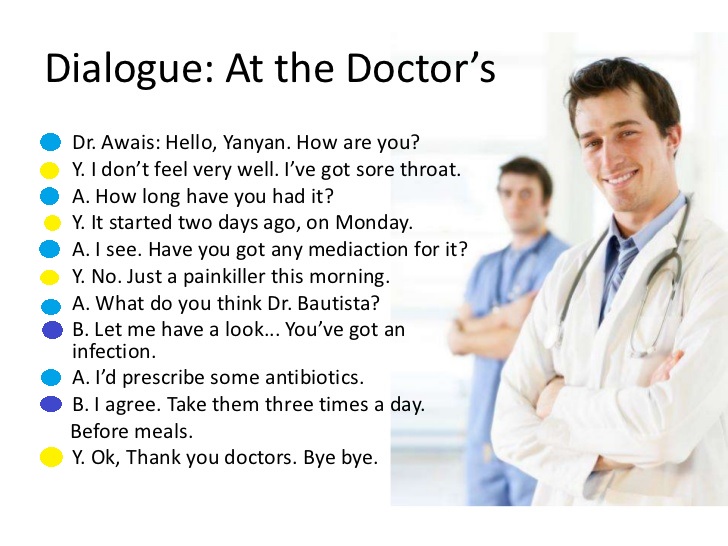 It was previously called hypochondriasis (better known as hypochondria).
It was previously called hypochondriasis (better known as hypochondria).
Now, people who had been diagnosed with hypochondria might instead be classified as having:
- illness anxiety disorder, if the person has no physical symptoms or only mild symptoms
- somatic symptom disorder, particularly when the person has symptoms that are perceived as distressing to them or if they have multiple symptoms
To arrive at a health anxiety disorder diagnosis, your doctor will perform a physical exam to rule out any health conditions you’re concerned about. If you’re healthy, your doctor may refer you to a mental healthcare professional. They will likely proceed by:
- performing a psychological evaluation, which involves questions about your symptoms, stressful situations, family history, worries, and issues affecting your life
- asking you to complete a psychological self-assessment or questionnaire
- ask about your use of drugs, alcohol, or other substances
According to the American Psychiatric Association, illness anxiety disorder is marked by:
- preoccupation with having or coming down with a serious illness
- not having physical symptoms, or having symptoms that are very mild
- excessive preoccupation about an existing medical condition or a family history about a medical condition
- performing unreasonable health-related behaviors, which may include:
- screening your body for disease over and over
- checking what you think are disease symptoms online
- avoiding doctor’s appointments to avoid diagnosis with a serious illness
- preoccupation with having an illness for at least six months (The illness you’re worried about might change during that period.
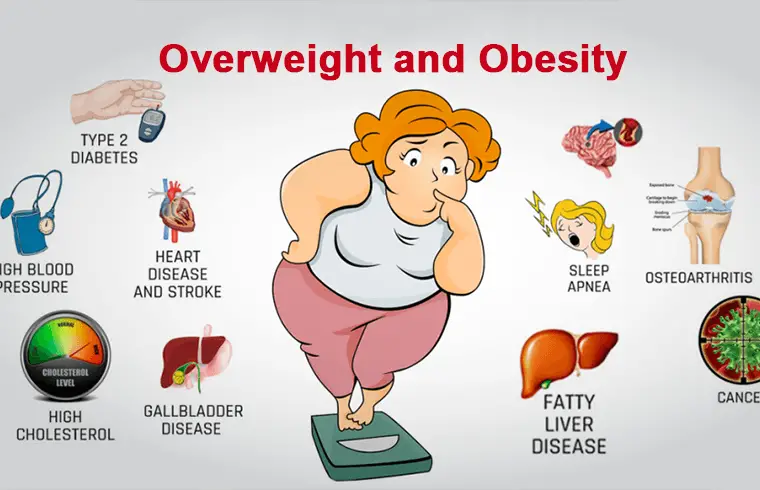 )
)
Treatment for health anxiety focuses on improving your symptoms and ability to function in daily life. Typically, treatment involves psychotherapy, with medications sometimes added.
Psychotherapy
The most common treatment for health anxiety is psychotherapy, particularly cognitive behavioral therapy (CBT). CBT can be very effective in treating health anxiety because it teaches you skills that can help you manage your disorder. You can participate in CBT individually or in a group. Some of the benefits of CBT include:
- identifying your health anxiety worries and beliefs
- learning other ways to look at your body sensations by changing unhelpful thoughts
- raising your awareness of how your worries affect you and your behavior
- responding to your body sensations and symptoms differently
- learning to better cope with your anxiety and stress
- learning to stop avoiding situations and activities because of physical sensations
- avoiding examining your body for signs of illness and repeatedly looking for reassurance that you’re healthy
- boosting your functioning at home, work, or school, in social settings, and in relationships with others
- checking whether or not you’re suffering from other mental health disorders, like depression or bipolar disorder
Other forms of psychotherapy are also sometimes used to treat health anxiety.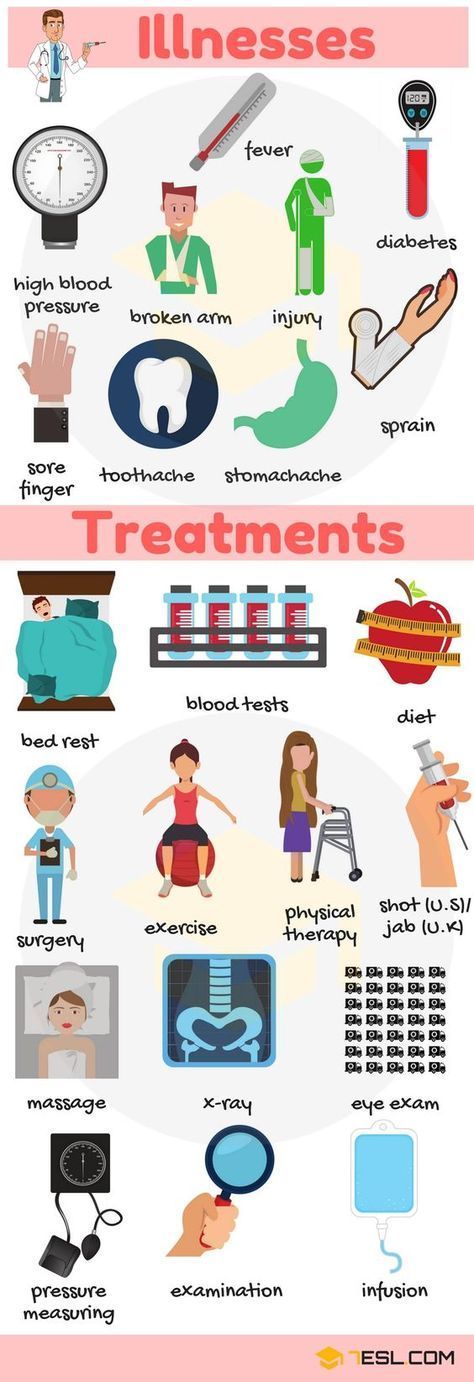 This may include behavioral stress management and exposure therapy. If your symptoms are severe, your doctor may recommend medication in addition to your other treatments.
This may include behavioral stress management and exposure therapy. If your symptoms are severe, your doctor may recommend medication in addition to your other treatments.
Medication
If your health anxiety is improving with psychotherapy alone, that is generally all that will be used to treat your condition. Some people don’t respond to psychotherapy, however. If this applies to you, your doctor may recommend medications.
Antidepressants, such as selective serotonin reuptake inhibitors (SSRIs), are frequently used for this condition. If you have a mood or anxiety disorder in addition to your anxiety, medications used to treat those conditions may also help.
Some medications for health anxiety come with serious risks and side effects. It’s important to review your treatment options with your doctors thoroughly.
Health anxiety is a long-term medical condition that can vary in severity over time. In many people, it seems to worsen with age or during times of stress.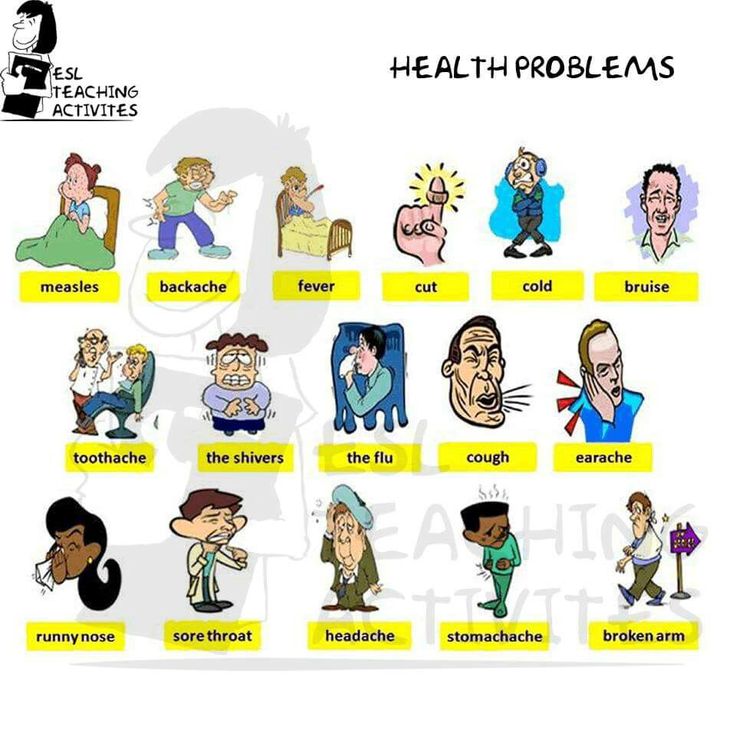 However, if you seek help and stick to your treatment plan, it’s possible to reduce your health anxiety symptoms so you can improve your daily functioning and decrease your worries.
However, if you seek help and stick to your treatment plan, it’s possible to reduce your health anxiety symptoms so you can improve your daily functioning and decrease your worries.
20 techniques not to go in cycles and not to “wind up”
110 284
Anti-stressKnow yourself
Many of us replay conversations that have already taken place in our heads: “Why did he say that?”, “I made a complete fool of myself!”, “ Here's what you should have said…”
Perhaps you are worried about an upcoming meeting at work, a weekend party, or filing your tax return: “How will my presentation go?”, “What if the party will the former come?”, “What if I fill out the declaration incorrectly?”
Deep down we know that such thoughts only hurt, but their whirlpool continues to pull us in. If you are facing a similar problem, one of the techniques can help you.
1. Ask yourself if such thoughts are productive.
Would another “mental rehearsal” for your upcoming meeting with your boss help you? Maybe it's time to admit that you have already prepared enough, and you need to trust your intuition?
2.
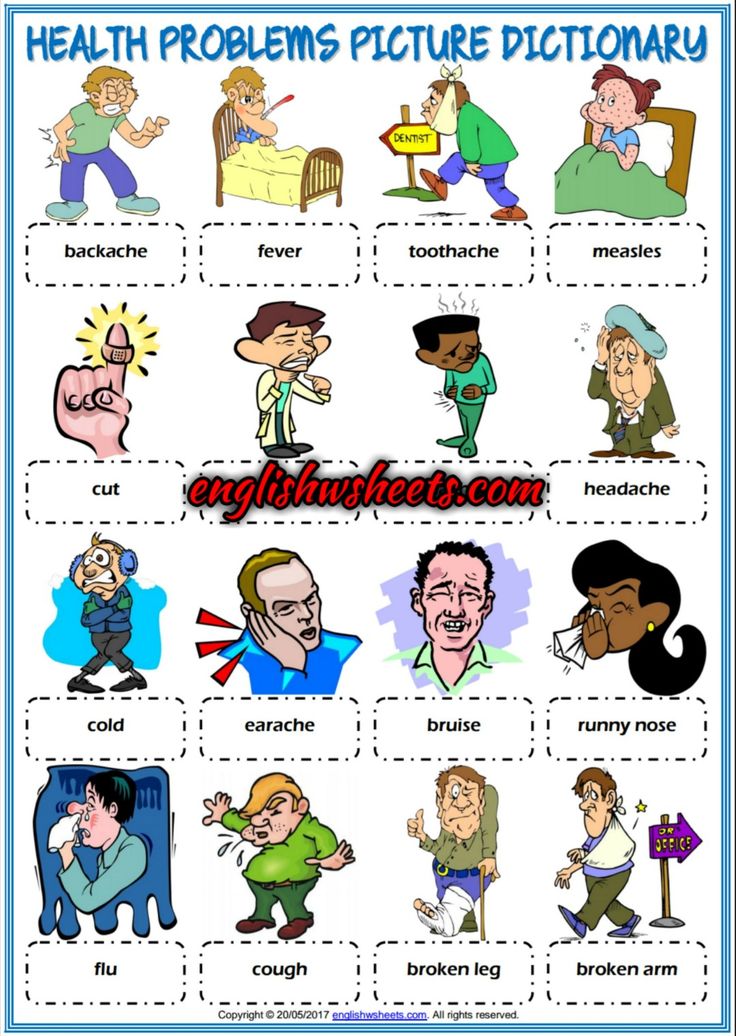 Look at the situation from the outside
Look at the situation from the outside Will the case that you constantly replay in your head be important in five years, or are you exaggerating its significance?
3. Schedule according to biological rhythms
When are you usually at your best physically, mentally and emotionally? If you find it easiest to concentrate in the morning, try to use this time to deal with complex projects, which may seem overwhelming in the afternoon. If you are full of energy in the evening, plan important meetings and tasks for the afternoon.
4. Focus on sensations
What are you hearing, seeing, touching, smelling and tasting right now? Focusing on the sensations will help bring you back to the present moment.
5. Give up the pursuit of the ideal
None of us is perfect and cannot be. We are constantly changing, developing, but we will never know everything in the world. Instead, the acquired knowledge and information should be used as efficiently as possible.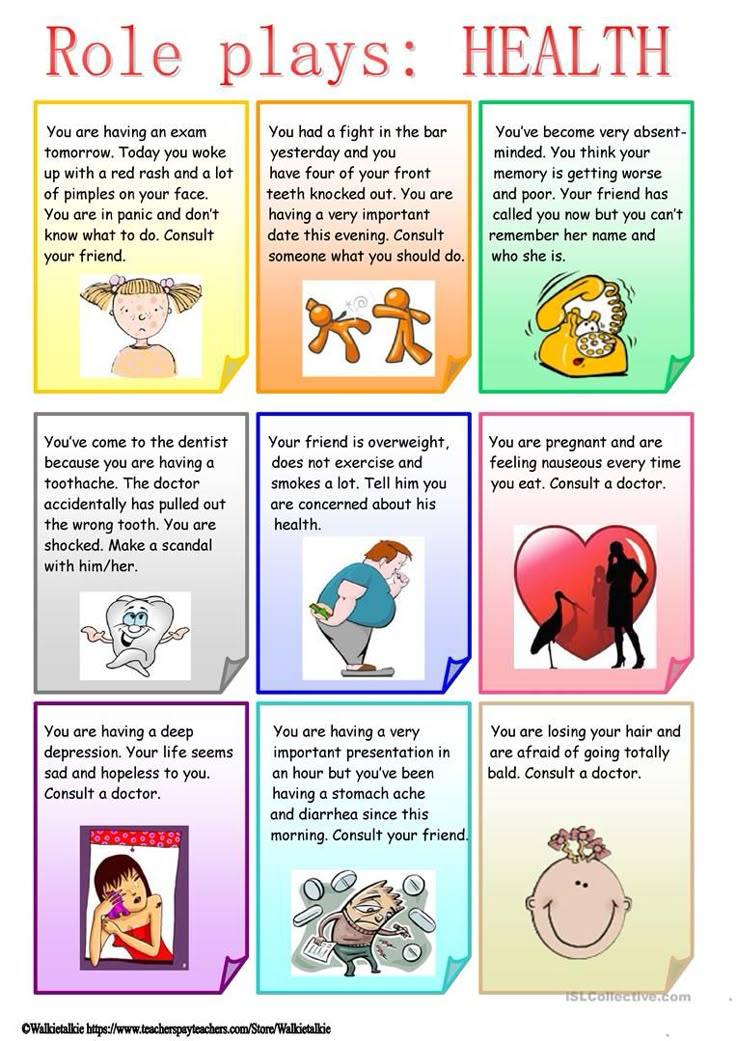
6. Accept what you can't change
Something may not have worked out the way you wanted. Maybe you yourself made a mistake. Learn from the situation and forget about it. Don't let the past distract from the present.
7. Come to terms with the fact that you cannot predict and control the future
Worrying about the future will surely spoil the present.
8. Move more
Take a walk around the neighborhood or walk down the hallway, go for a run or bike ride.
9. Realize that you don't need to understand everything
To change a habit, you don't have to understand why you have adopted it. Sometimes introspection is helpful, but often it becomes a convenient excuse for not doing something you don't feel like doing.
10. Repeat phrases that help you focus and calm down
Tell yourself: “I can handle this”, “Relax!”, “Live in the moment”, “Deal with problems as they come”, “It’s okay, I in safety". You can also count to ten, exhaling at each count.
11. Solve One Problem at a Time
How often do you talk on the phone while driving, cooking dinner, or surfing the Net? You're dividing your attention between multiple tasks, which leads to information overload, which in turn causes anxiety and looping. Learn to focus on one thing.
12. Recognizing the problem, focus on the solution
Think about the optimal outcome instead of worrying about everything that could go wrong.
13. Think about what you are depriving yourself of through fantasies or looping.
14. Think about what obsessive thoughts save you from
Maybe your mental exercises distract you from unpleasant feelings and discoveries? If this is the case, find out what you are trying to protect yourself from. Are you missing out on a lot?
15. Ask yourself what is in your power and what is not
Focus on what you can change: your attitude to the situation, behavior, decisions. Of course, the actions of other people can hurt you, but they are free to do as they want. Also, you cannot change the past, but you can draw conclusions from it. We cannot predict the future, but we can prepare for it.
Also, you cannot change the past, but you can draw conclusions from it. We cannot predict the future, but we can prepare for it.
16. Set aside a separate time for worries
If you decide that the situation really deserves careful consideration, make an appointment with yourself. At the appointed time, set a timer - for example, for 15 or 30 minutes. During this time, worry and worry. Take notes if necessary. If the allotted time is not enough, schedule another meeting and postpone the experience until this moment.
17. Develop mindfulness
Learn to be in the present moment without judgment, to notice thoughts, feelings and bodily sensations, while maintaining the position of an observer.
18. Practice deep abdominal breathing
It helps to relax and focus on the present moment.
19. Take improv lessons
Spontaneity and creativity are qualities that are very useful in life.
20. Help others
When we turn our attention and thoughts to another person or a new business, we are distracted from our own problems and begin to concentrate on the present.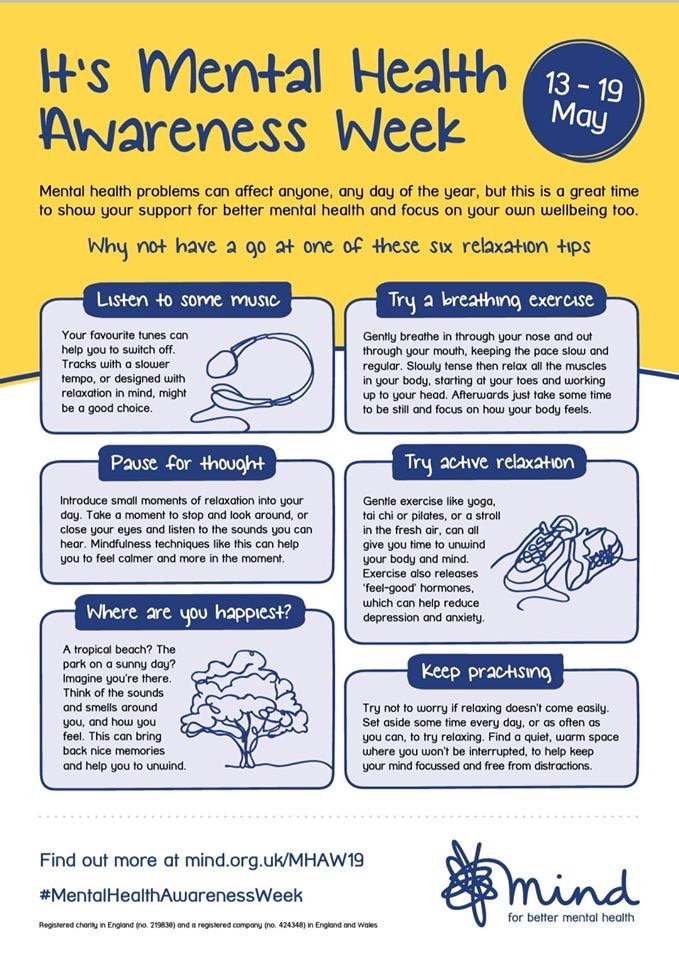
About the author: Rachel Finzi is a psychotherapist at UCLA.
Text: Zhanna Omelianenko Photo Source: Getty Images
New on the site
“I learned to respond with aggression to humiliation. But how can I stop being sensitive?”
“I’m afraid to find my father dead in the apartment”
Global gender difference: how men and women choose work
The dark triad: what personality traits distinguish dangerous people - check loved ones
A bot instead of a psychotherapist: will artificial intelligence learn to heal the soul
"We didn't expect the world to be so cruel." How not to lose faith in people and accept what is happening
The best movie in the history of cinema has been named: why watch this movie
“My husband drinks every weekend until his memory lapses. I don’t want to ruin our common plans, but do we really have to leave?”
How to stop thinking about a person: 5 tips from a psychologist
Health
© MART PRODUCTION/Pexels
Author Alexander Artamonov
April 23, 2022
Obsession with a former partner or a person who does not reciprocate can unsettle, but it is not so difficult to cope with it
Dramatically broken relationships and broken hearts in the practice of psychologists are quite common.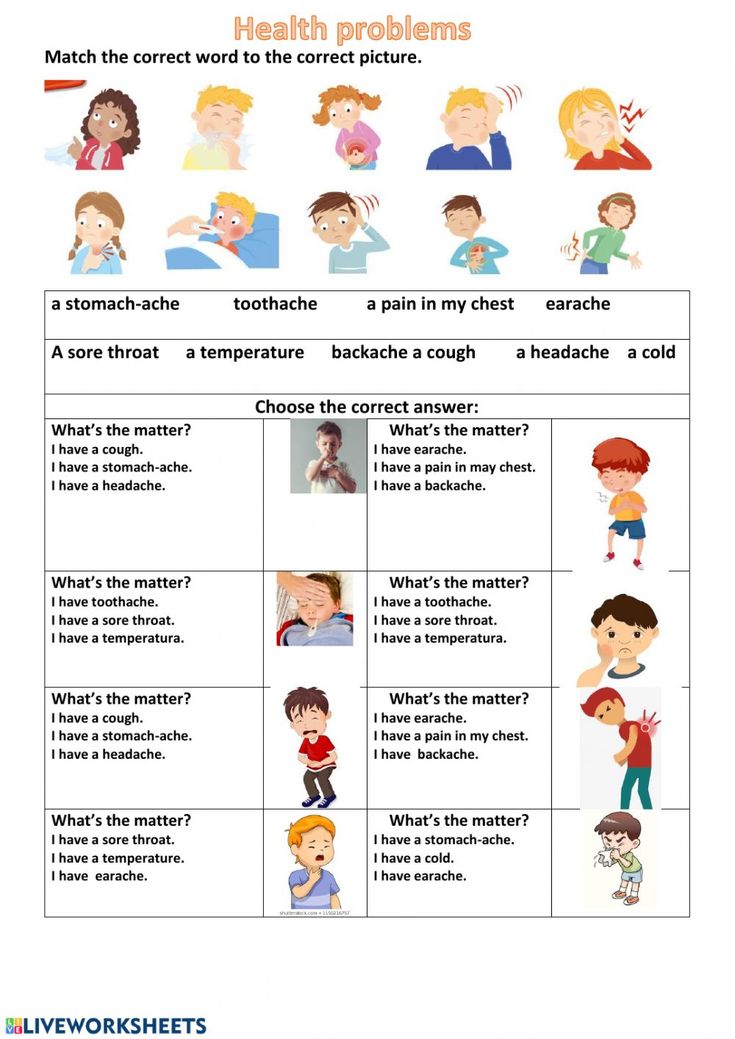 Often, after unpleasant events, the image of a person does not leave the head for a long time, and disappointment only feeds constant thoughts about him. But sooner or later, a new life will begin - we tell you how to bring this moment closer and benefit from experiences.
Often, after unpleasant events, the image of a person does not leave the head for a long time, and disappointment only feeds constant thoughts about him. But sooner or later, a new life will begin - we tell you how to bring this moment closer and benefit from experiences.
- Why a person does not get out of his head
- How to stop thinking about a person
- What to do if nothing helps
Margarita Eremina, psychologist, psychotherapist at the Center for Cognitive Therapy;
Svetlana Makhova, psychotherapist, specialist of the service for the selection of psychologists Alter
Advertising on RBC www.adv.rbc.ru
Why a person doesn't get out of your head
You want to forget about a person, but he doesn't get out of your head. You do not find a place for yourself from these obsessive thoughts. It may seem that you are going crazy - but psychologists say that in general this is a completely normal state.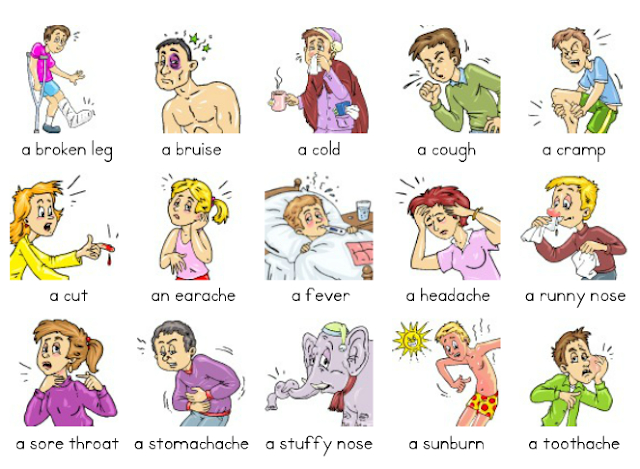
Margarita Eremina, psychologist, psychotherapist, Center for Cognitive Therapy
“For a person, relationships do not end at the moment when a physical separation occurs. There is a natural process of mourning. We can continue to have dialogues with this person in our head, constantly remember him. This does not mean that there is something wrong with us. After all, most likely, we are talking about someone significant, about a person with whom we had an important relationship, an attachment was formed that cannot disappear in one moment. If the relationship was long, then this period of mourning can last about a year. Gradually, the acute phase will inevitably pass - then you can begin to change your life: try new things and meet new people.
Svetlana Makhova, psychotherapist, specialist of the service for the selection of psychologists Alter
“A person can not get out of your thoughts because of the Zeigarnik effect. This is a phenomenon in which unfinished actions and events are deposited in memory in the first place.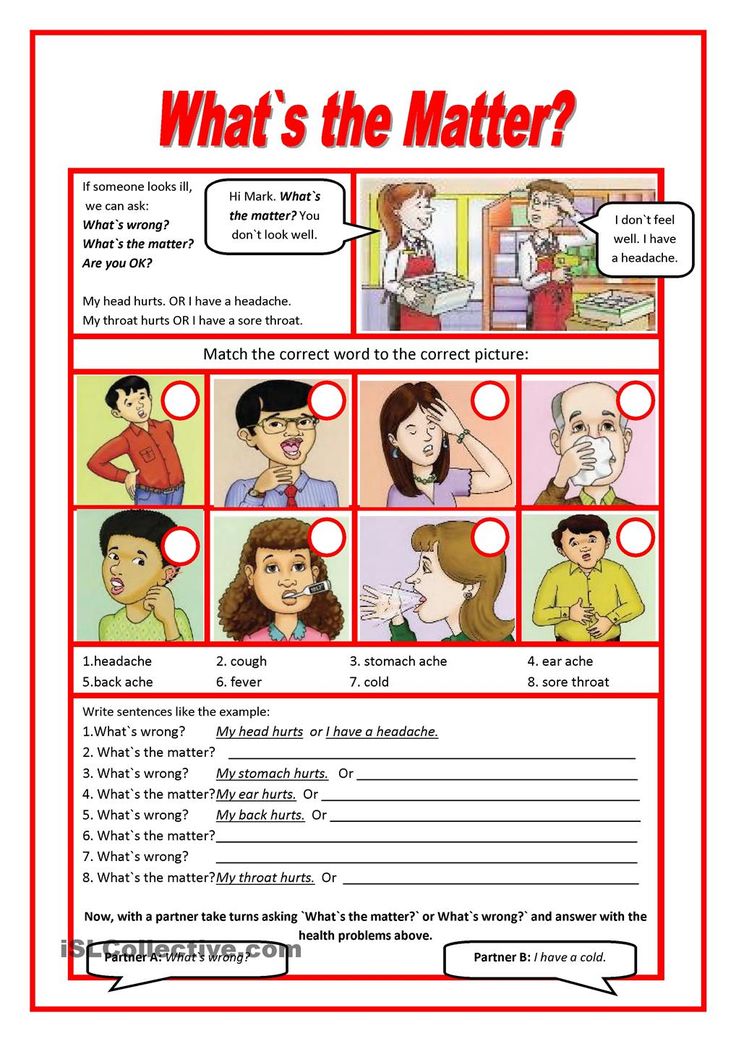 In the case of another person, this works if you have unfulfilled expectations from him, which either have not yet been fulfilled, or which are not destined to happen in principle - as in the case of a breakup or unrequited love.
In the case of another person, this works if you have unfulfilled expectations from him, which either have not yet been fulfilled, or which are not destined to happen in principle - as in the case of a breakup or unrequited love.
In addition to situations related to romantic relationships, a person may not get out of your thoughts for several other reasons:
- if you are involved in solving the problems of another and expect mutual help from him;
- if you feel guilty towards another;
- if you are impressed, intrigued by someone, but could not understand him;
- if you expect certain things from a person.”
How to stop thinking about a person
The first step is to accept the fact that constantly thinking about a person in such a situation is natural, and stop forcing yourself to get rid of such thoughts
© Nik Shuliahin/Unsplash
1. Stop forcing yourself not to think
Margarita Eremina:
“The first step is to accept the fact that constantly thinking about a person in such a situation is natural, and stop forcing yourself to get rid of such thoughts. Often such memories and thoughts can be painful. But it is important to allow yourself to live through this pain in order to move on. It is perfectly normal if the memories can come in a painful wave from time to time. The main thing is that each time these waves become smaller, and one stage of mourning is replaced by another.
Often such memories and thoughts can be painful. But it is important to allow yourself to live through this pain in order to move on. It is perfectly normal if the memories can come in a painful wave from time to time. The main thing is that each time these waves become smaller, and one stage of mourning is replaced by another.
2. Accept the current situation as a fact
In order to overcome difficulties, you must first come to terms with their existence. For example, if we are talking about a breakup, you need to accept that it happened, let the person go and start living on.
Svetlana Makhova:
“It is very important to mourn what has been lost, to grieve that it never happened. Accept the fact that this person is no longer in your life. Our expectations generate potential for action. And this potential does not dry up until we either consciously give up what we want because of irrelevance, or we don’t get it, that is, we don’t close the gestalt. Suppressed emotions, unexpressed resentments, remorse and guilt often do not give us the opportunity to act: either get closer to a person or let him go.
Suppressed emotions, unexpressed resentments, remorse and guilt often do not give us the opportunity to act: either get closer to a person or let him go.
3. Reflect on relationships
It is important to structure your thoughts about a person and make them part of your experience
© Giulia Bertelli/Unsplash
Often in such thoughts a person appears as the sum of his own extremes - either bad or good. Often this picture is not true and confuses us. It is important to structure your thoughts about the person and make them part of your experience.
Svetlana Makhova:
“If you are going through a breakup, take a sheet of paper and divide it into two columns. In one, express your indignation, write down everything that you could not get in this relationship. In another column, write about what was good for you with this person and what you lost. Thanks to the experience you had with him, here is a list of what is important to get in a relationship - it will come in handy when you start building new ones.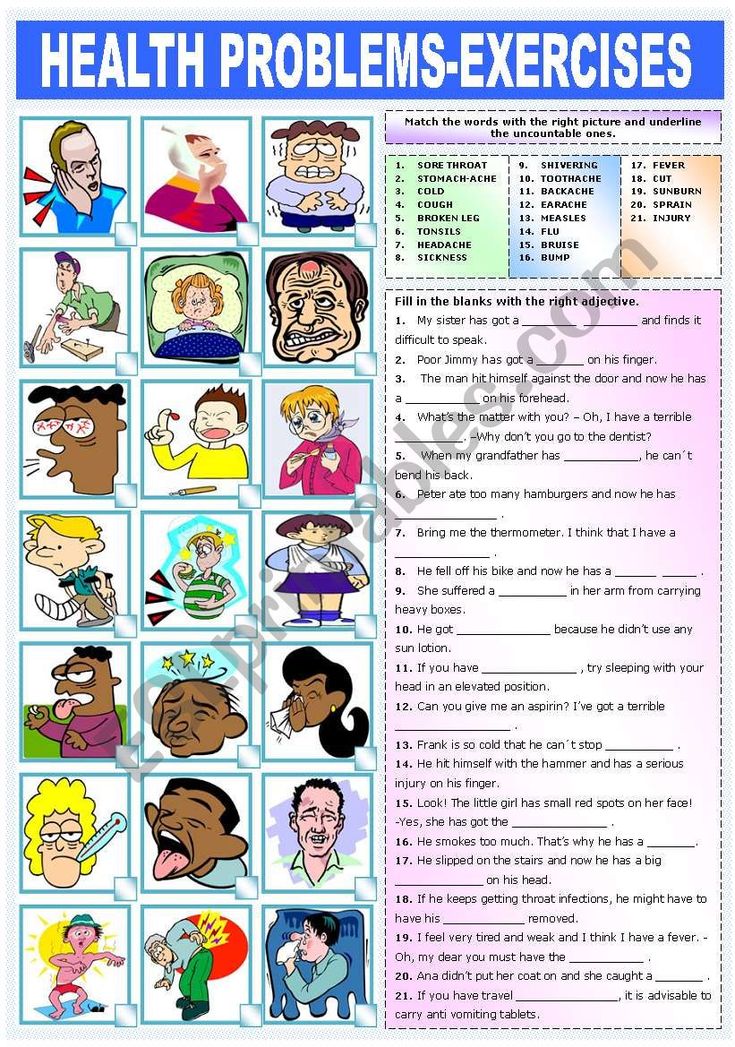
Margarita Eremina:
“It will be useful to find answers to questions about what was important in these relationships. What is missing now? What was not said, not spoken? What are the exact moments you return to in your thoughts?
4. Let go of thinking that it happened because of your qualities
Very often, people who experience rejection or a breakup in a relationship start looking for the reason in their shortcomings
© Kelly Sikkema/Unsplash
Often people who are faced with rejection or breakup of relationships begin to look for the cause in their shortcomings. This is a simple explanation that is easy to accept, but it does not always correspond to the truth and sometimes only prevents you from drawing the right conclusions from the situation.
Svetlana Makhova:
“People who were often told in their childhood: “You will get what you want if you behave well, do what you are told” are especially inclined to think like this. ” In adulthood, they continue to believe that if they behave well, then no one will be able to refuse them. But it's important to realize that there is no correlation between failure and being "good." We may be refused because the other does not have the opportunity, he does not want or cannot give what he wants. Refusal is the will of the other, which must be respected. And remember that a direct rejection empowers us - we have a chance to knock on other doors.
” In adulthood, they continue to believe that if they behave well, then no one will be able to refuse them. But it's important to realize that there is no correlation between failure and being "good." We may be refused because the other does not have the opportunity, he does not want or cannot give what he wants. Refusal is the will of the other, which must be respected. And remember that a direct rejection empowers us - we have a chance to knock on other doors.
5. Don't count on reciprocity by default
Some people tend to think that if they help another person, that person should reciprocate. But often in life everything is much more complicated, and if we do not get what we expect from a person, then we fixate on him.
Svetlana Makhova:
“A person may not be able or willing to pay the price you expect from him in gratitude for his help. Therefore, before entering into a relationship, it is important to be clear about mutual expectations.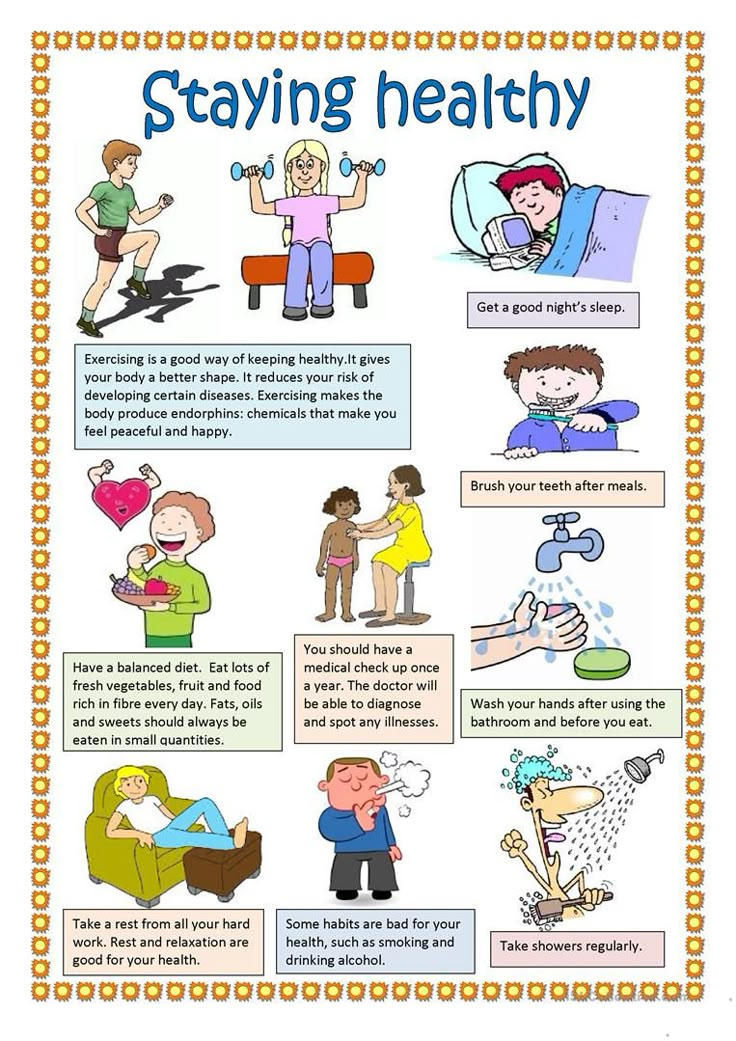 The same rule applies when you are intrigued by someone. Do not fantasize about what he meant - instead, just ask the person about his intentions, express your feelings to him.
The same rule applies when you are intrigued by someone. Do not fantasize about what he meant - instead, just ask the person about his intentions, express your feelings to him.
What to do if nothing helps
If the acute phase of mourning does not go away, then depression can set in, and the sooner help is sought, the sooner the person will feel better
© Cottonbro/Pexels
It's been a long time, but the grief never passed, the obsessive thoughts about the person did not disappear, and perhaps only became even more painful. What to do? Experts agree that it is worth going to a psychologist.
Margarita Eremina:
“If the acute phase of mourning does not go away, depression can set in, and the sooner he seeks help, the sooner he will feel better.”
Svetlana Makhova:
“A psychologist will help you express your feelings, find the source of potential — your hidden, but never fulfilled desires, and close the gestalt — let go or fulfill what you want.